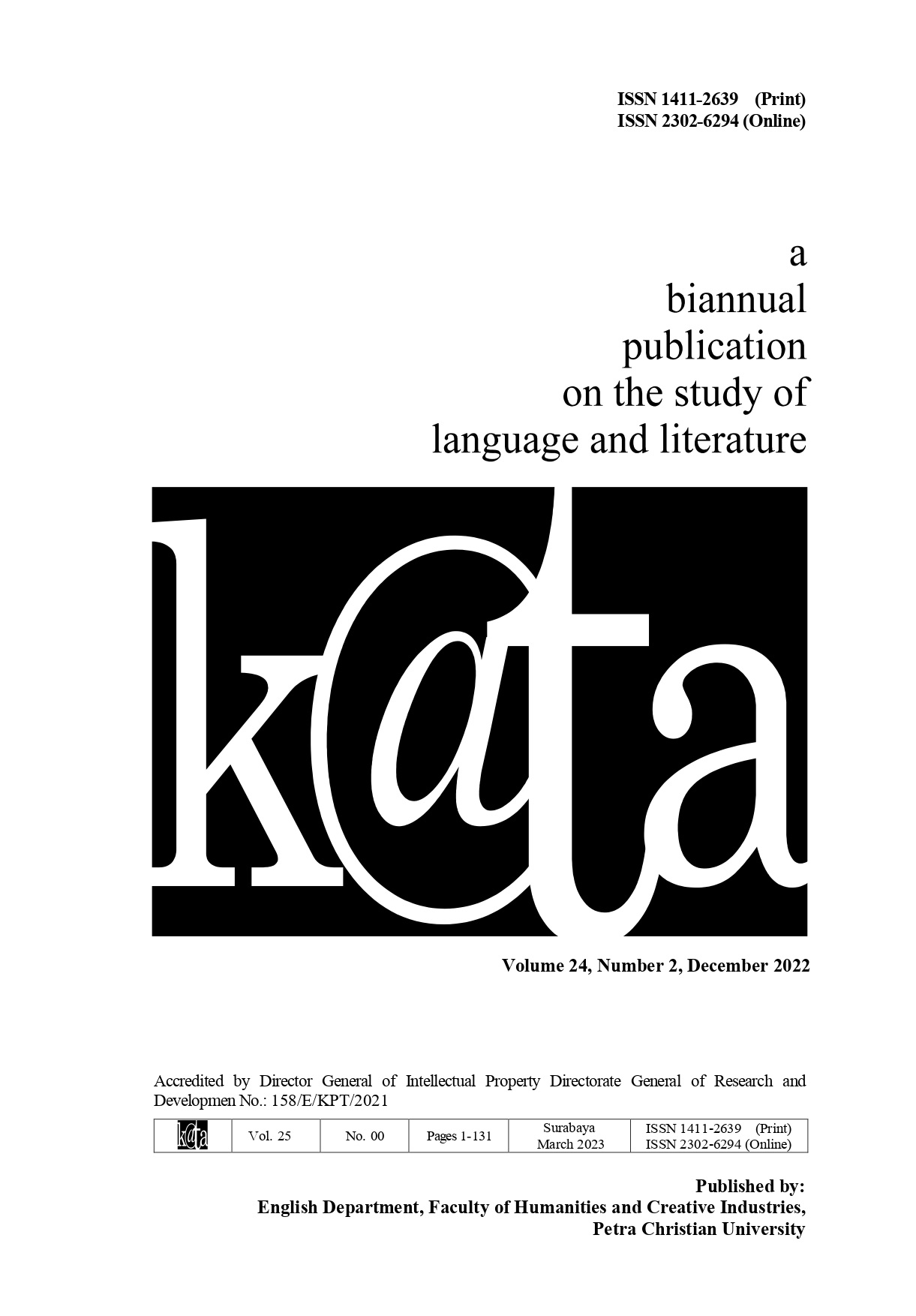English Education in Japan and Its Transformation in the Era of COVID-19
Abstract
English has a unique perception in Japan. While it is considered as one of the important tools to gain knowledge and success, Japanese society also has its own sentiment and seen it as a language of the elites. This perception heavily influenced the curriculum, teaching methods, and students’ motivation in mastering the language. English proficiency in Japan itself, however, is still considered very low. Many argued that the curriculum and the outdated teaching style are the ones to blame. Japanese government have been trying several initiatives to improve its English education quality. In the past few years, non- formal English educations institution and native English teachers has also been increasing in demand, mainly thanks to Tokyo Olympic 2020. The spread of COVID-19, however, brought a lot of new challenges and left the future of English education in jeopardy. This paper is intended to give an overview of how English is perceived by Japanese society, how it is learnt in each educational level, and later how COVID-19 affected the system.
Downloads
References
Ishikawa, T. (2017). Japanese university students’ attitudes towards their English and the possibility of ELF awareness. Journal of English as a Lingua Franca, 6(2), 237-263.
Jones, B.A. (2019). The role of English education in Japan. Konan University Publications.
MEXT (2020). Education in Japan beyond the crisis of COVID -19: Leave no one behind. Retrieved May 7th, 2022 from https://www.mext.go.jp/en/content/20200904_mxt_kouhou01-000008961_1.pdf

This work is licensed under a Creative Commons Attribution 4.0 International License.
![]() This work is licensed under a Creative Commons Attribution License
This work is licensed under a Creative Commons Attribution License




.png)
.png)

.png)













